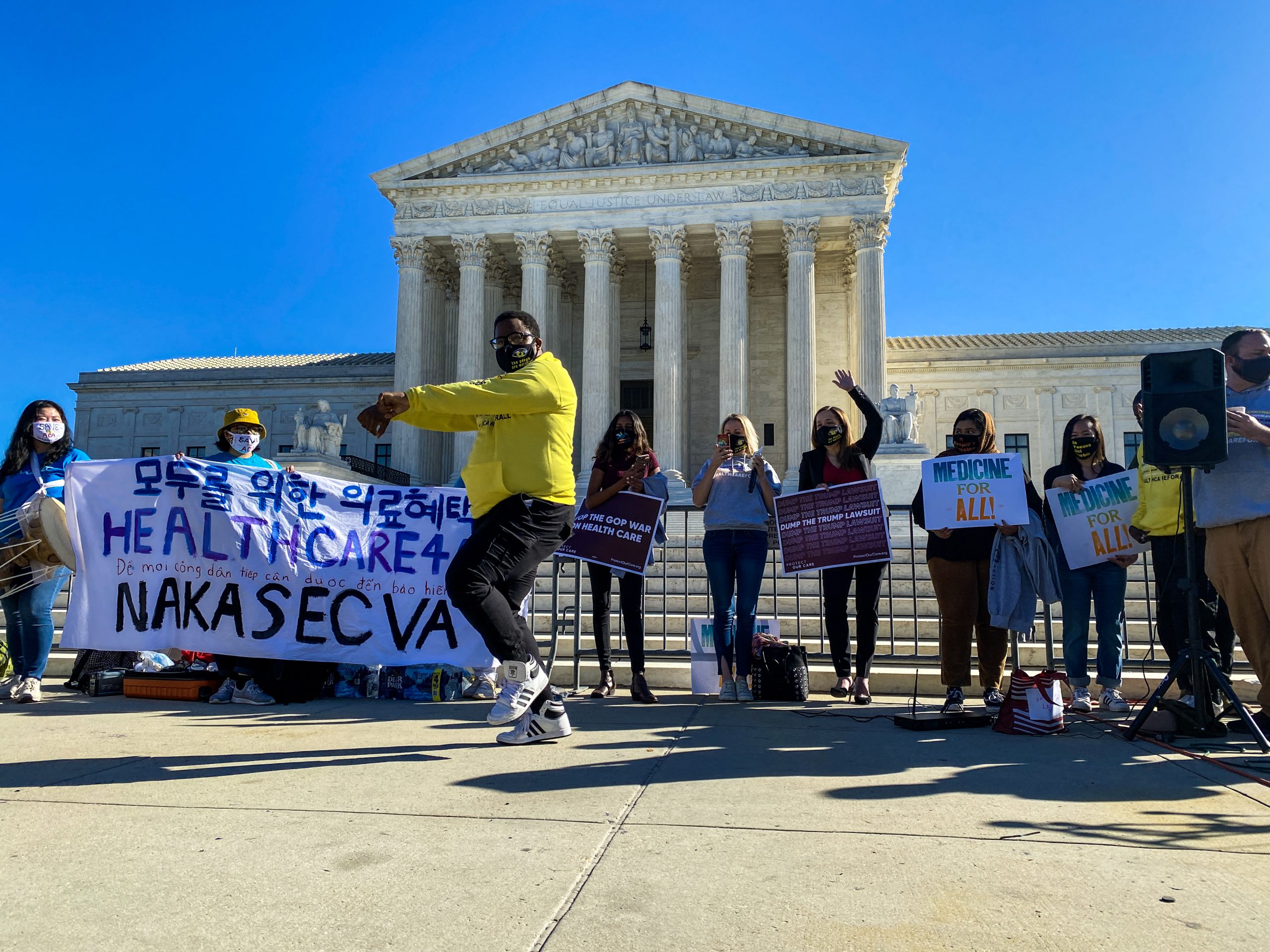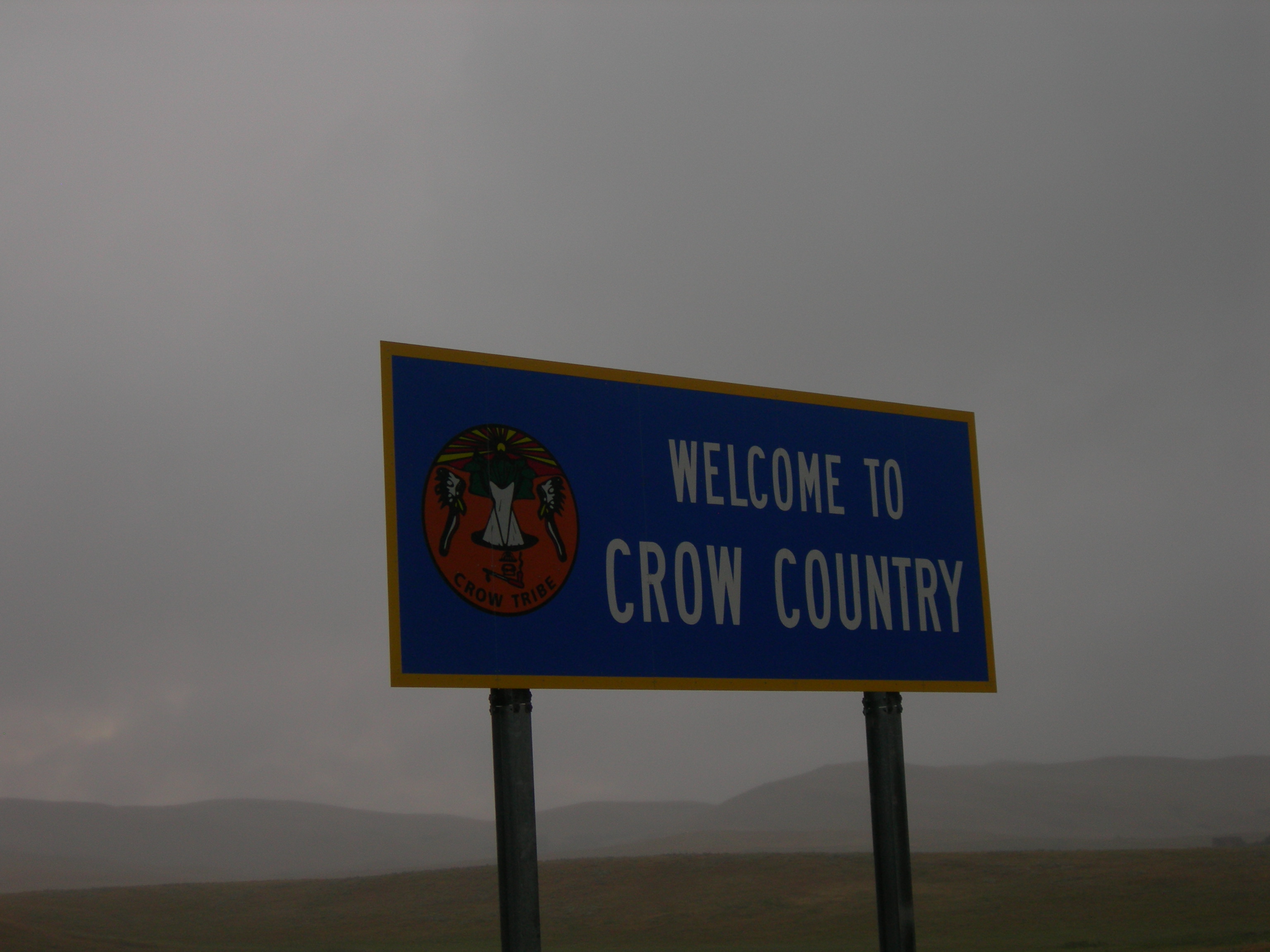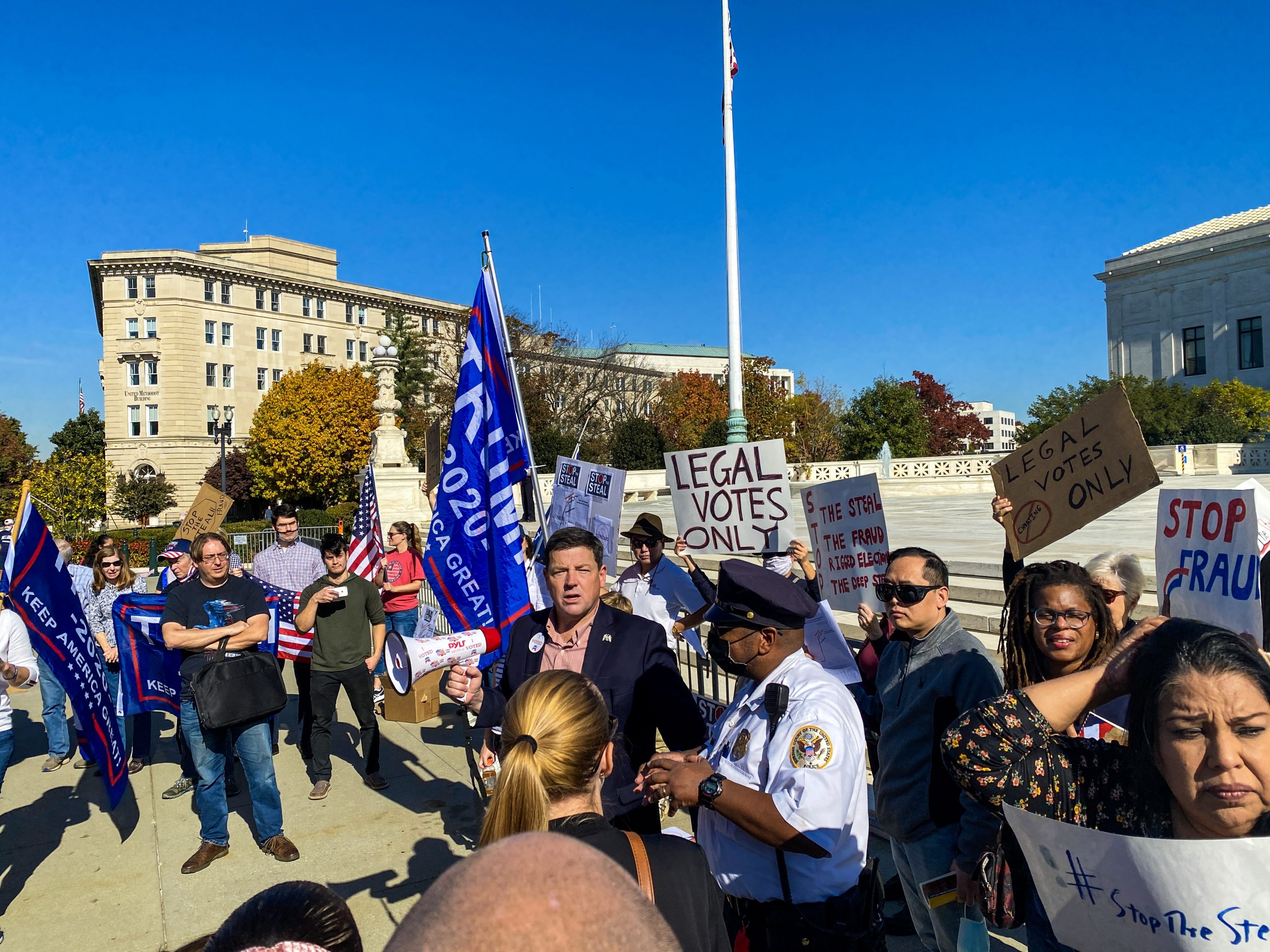Indianz.Com > News > Supreme Court accepts first Indian law case in new conservative era

Supreme Court accepts first Indian law case in new conservative era
Monday, November 23, 2020
Indianz.Com
For the second time in as many years, the U.S. Supreme Court will be taking up a case that impacts the treaty rights of the Crow Tribe.
In an order on Friday, the justices agreed to hear United States v. Cooley. The case is the first Indian law dispute on the docket for the high court’s current term, which began in October amid a major ideological battle that brought another conservative member to the bench.
But Cooley won’t be the first time most of the justices have been called to examine the 1868 Treaty with the Crows. Two years ago, the court determined that the tribe’s off-reservation hunting rights have never been abrogated.
Mindful of the outcome in Herrera v. Wyoming, which was decided in May 2019, the tribe is once again seeking for victory. A friend of the court brief reminds the justices that just a few short months ago, they forced the United States government to honor its trust and treaty responsibilities.
“This court should ‘hold the government to its word,’” attorneys for the tribe told the justices, quoting from the historic ruling in McGirt v. Oklahoma, one of the most consequential Indian law cases in recent history.



9th Circuit Court of Appeals Decisions
United States v. Cooley [Panel Decision] (March 21, 2019)United States v. Cooley [Denial of En Banc] (January 24, 2020)
Indianz.Com on SoundCloud
Jam out with the justices! Listen to lawyers! No, really, these are important U.S.
Supreme Court cases.
Related Stories
Cronkite News: Indian health care law in hands of nation’s highest court (November 17, 2020)Chuck Hoskin: Protecting tribal sovereignty in Oklahoma (November 16, 2020)
Supreme Court hears arguments in Affordable Care Act case (November 10, 2020)
State of Alaska backs Native corporations in COVID-19 dispute (November 5, 2020)
COVID-19 funding dispute heads to Trump’s Supreme Court (November 3, 2020)
Rep. Markwayne Mullin: A historic pick for the Supreme Court (November 2, 2020)
Rep. Tom Cole: The right person for the Supreme Court (November 2, 2020)
Cronkite News: Supreme Court gains conservative majority with Justice Amy Coney Barrett (October 27, 2020)
Cronkite News: Vulnerable Republican pledges vote for Supreme Court nominee (October 22, 2020)
Cronkite News: Supreme Court to hear Trump border wall case (October 20, 2020)
Cronkite News: Supreme Court to hear Trump border wall case (October 20, 2020)
Indian Country and the Affordable Care Act (October 16, 2020)
Senate Committee on the Judiciary: Nomination of the Honorable Amy Coney Barrett to be an Associate Justice of the Supreme Court of the United States (Day 4) (October 15, 2020)
Senate Committee on the Judiciary: Nomination of the Honorable Amy Coney Barrett to be an Associate Justice of the Supreme Court of the United States (Day 3) (October 14, 2020)
Sen. Udall: Indian health care at risk with Supreme Court nominee (October 13, 2020)
Senate Committee on the Judiciary: Nomination of the Honorable Amy Coney Barrett to be an Associate Justice of the Supreme Court of the United States (Day 2) (October 13, 2020)
Sen. Cantwell: ‘Real concerns’ as Supreme Court confirmation hearing opens on Indigenous Peoples Day (October 12, 2020)
Senate Committee on the Judiciary: Nomination of the Honorable Amy Coney Barrett to be an Associate Justice of the Supreme Court of the United States (October 12, 2020)
Indian Country Today: Fate of Indian Child Welfare Act up to federal courts (October 12, 2020)
Peter d’Errico: Racist Indian law doctrine springs into action (October 8, 2020)
Doug George-Kanentiio: The tragic legacy of Ruth Bader Ginsburg (October 7, 2020)
Supreme Court opens new session amid COVID-19 and controversy (October 6, 2020)
Sen. Tom Udall: A ‘clear and present threat’ to health care in Indian Country (October 5, 2020)
Native America Calling: Filling Justice Ruth Bader Ginsburg’s seat (October 2, 2020)
Trump administration deals with fallout from tribal victory at Supreme Court(September 30, 2020)
Republicans rush to confirm Supreme Court nominee ahead of election (September 28, 2020)
Montana American Indian Caucus: Don’t vote on U.S. Supreme Court nominee (September 28, 2020)
Montana Free Press: Affordable Care Act deemed essential for Indian Country (September 28, 2020)
Search
Filed Under
Tags
More Headlines
Cronkite News: Gathering addresses ‘epidemic’ among Native people
VIDEO: Cody Desautel on tribes and federal forest management
AUDIO: Legislative Hearing on Discussion Draft of Forest Management Bill
Native America Calling: Remembering the 1974 Navajo border town murders
Native America Calling: Can the right approach close the Native immunization gap?
Cronkite News: Long COVID cases remain high in Arizona
Native America Calling: Eyes in the sky for development, public safety, and recreation
Native America Calling: Three new films offer diverse views of Native life
NAFOA: 5 Things You Need to Know this Week
Chuck Hoskin: Cherokee Nation works toward cure for arthritis
Native America Calling: Protecting young people from the down sides of social media
Cronkite News: Fake ‘shaman’ among candidates failing to make Congressional ballot
Native America Calling: New Native voices in poetry
Cronkite News: Tribes air concerns about border at hearing in nation’s capital
Native America Calling: Indiginerds descend on Oklahoma City
More Headlines
VIDEO: Cody Desautel on tribes and federal forest management
AUDIO: Legislative Hearing on Discussion Draft of Forest Management Bill
Native America Calling: Remembering the 1974 Navajo border town murders
Native America Calling: Can the right approach close the Native immunization gap?
Cronkite News: Long COVID cases remain high in Arizona
Native America Calling: Eyes in the sky for development, public safety, and recreation
Native America Calling: Three new films offer diverse views of Native life
NAFOA: 5 Things You Need to Know this Week
Chuck Hoskin: Cherokee Nation works toward cure for arthritis
Native America Calling: Protecting young people from the down sides of social media
Cronkite News: Fake ‘shaman’ among candidates failing to make Congressional ballot
Native America Calling: New Native voices in poetry
Cronkite News: Tribes air concerns about border at hearing in nation’s capital
Native America Calling: Indiginerds descend on Oklahoma City
More Headlines